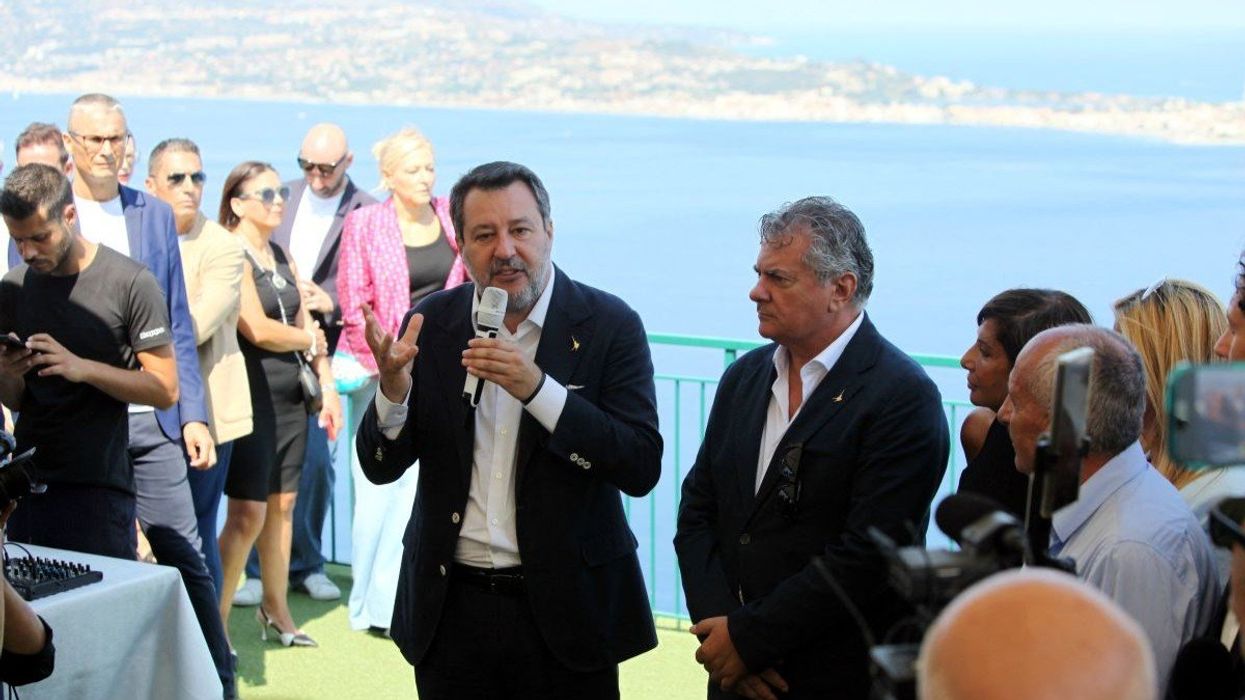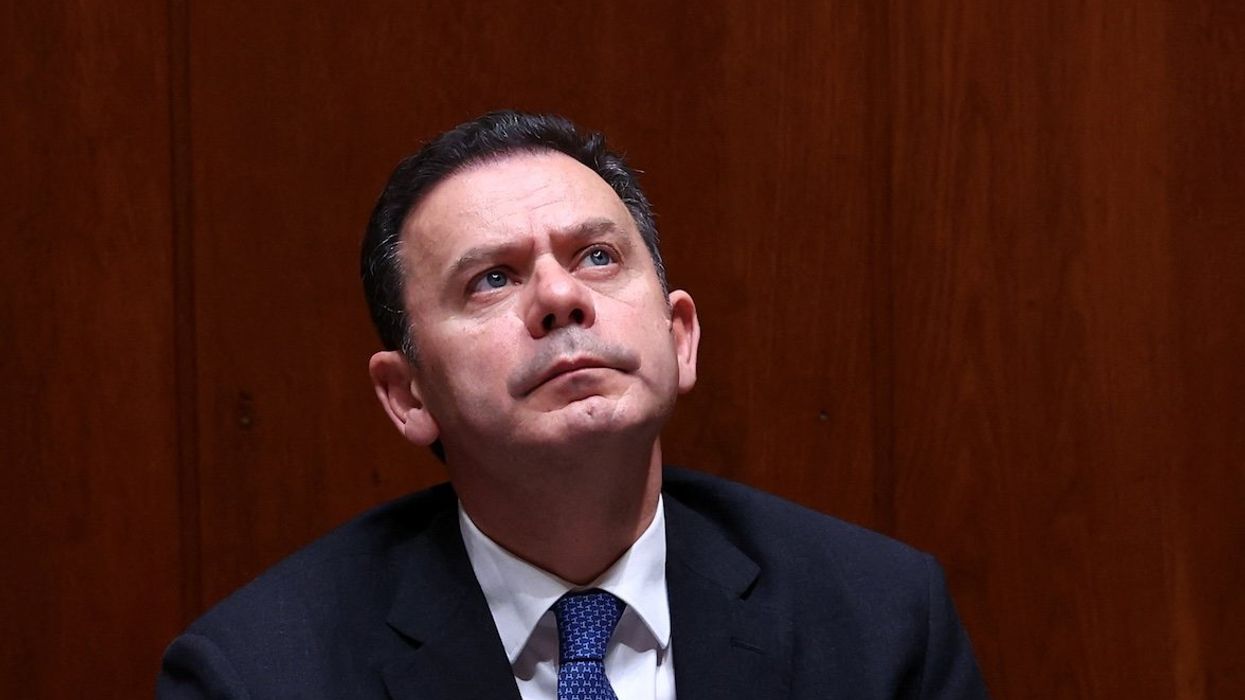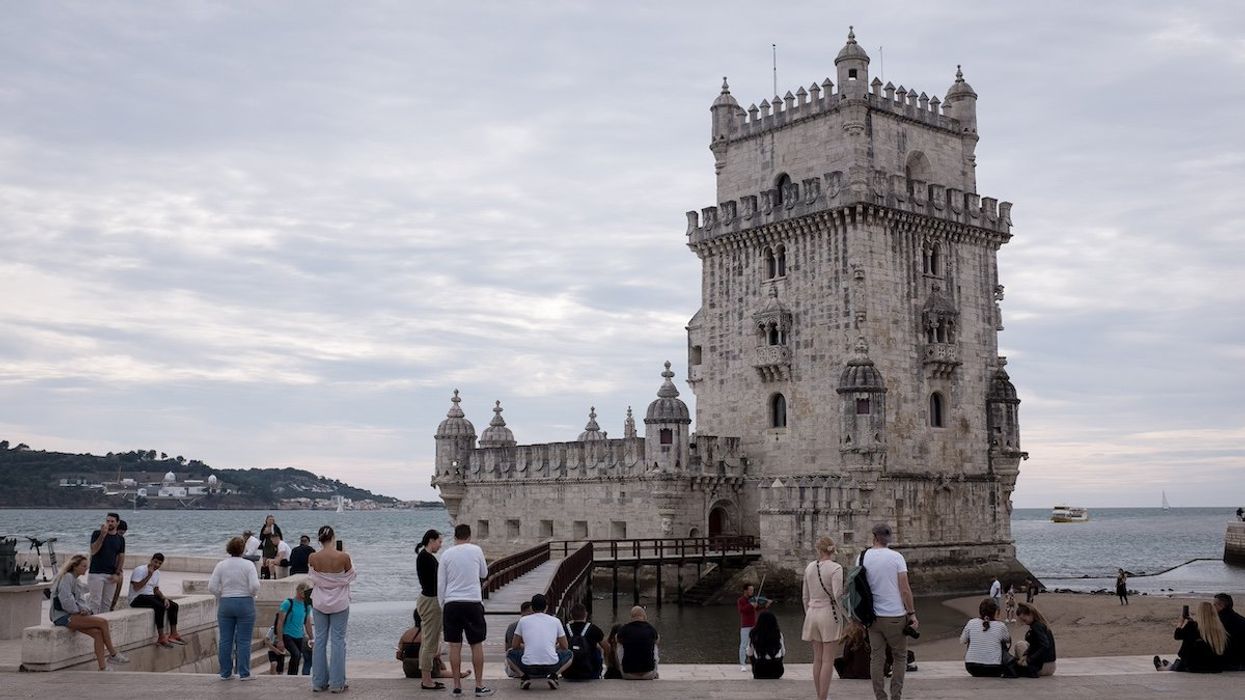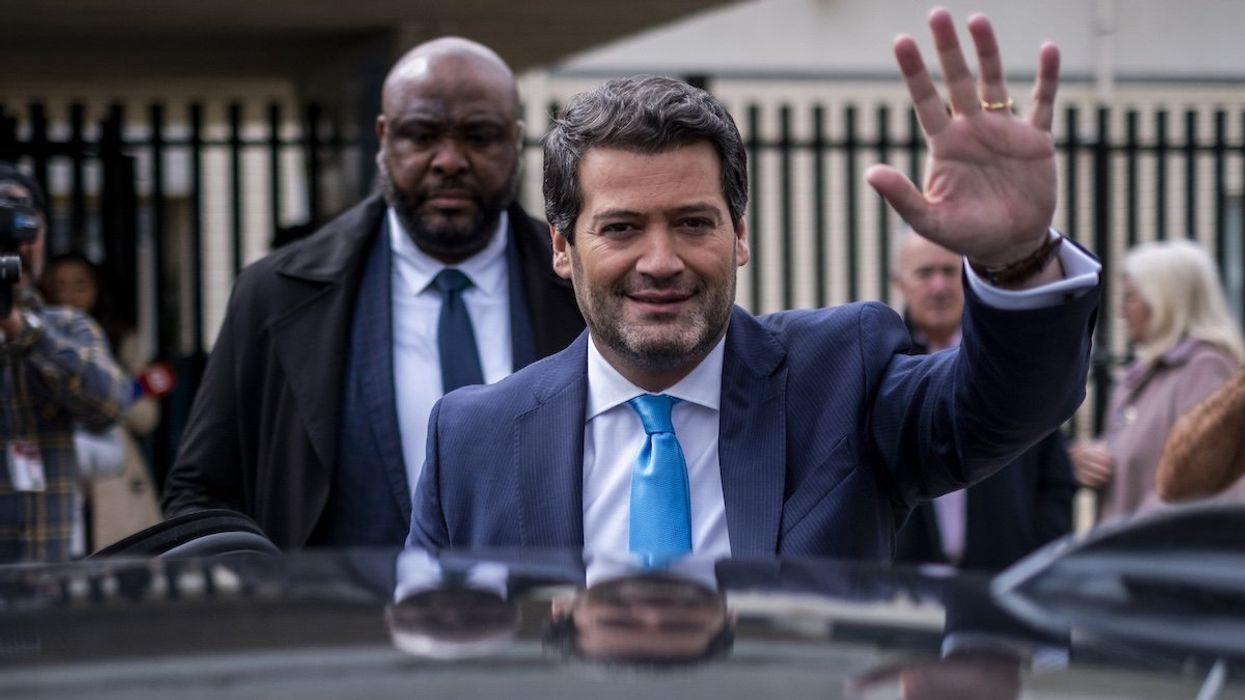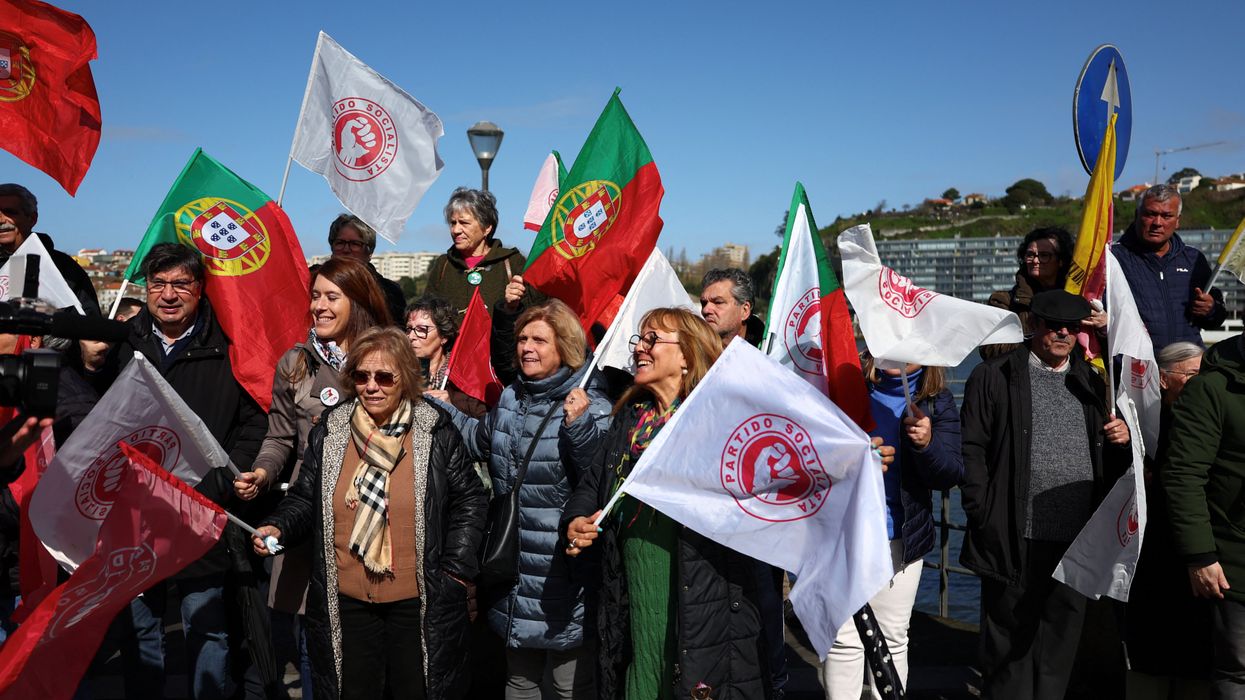What We're Watching
What We’re Watching: Big week for elections, US and China make trade deals, Suicide bombing in Pakistan
Japanese voters head to the polls on Sunday in a snap election for the national legislature’s lower house, called just three months into Prime Minister Sanae Takaichi’s tenure.
Feb 06, 2026



